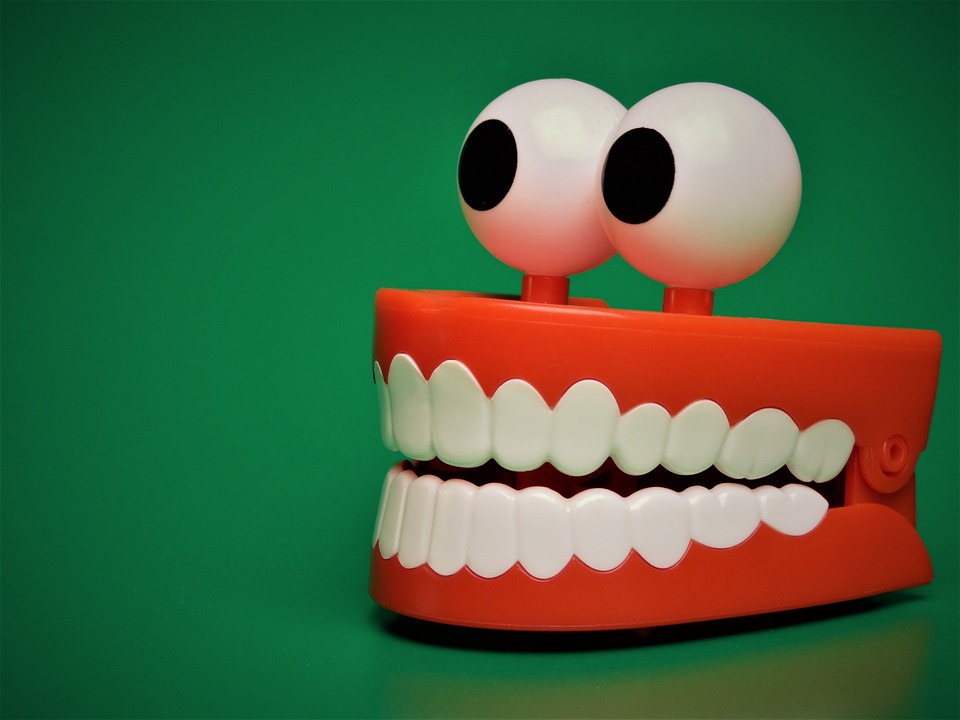We all know that eating too many sugary foods and drinking too many sugary drinks is bad for our teeth but did you know that certain health conditions and medications can affect the health of your teeth too?
Gum Disease
As any Dublin dentist will tell you, this is one of the most serious issues that can affect teeth. Gum disease can be caused by inadequate brushing and flossing of the teeth which then leads to a build-up of plaque and allows bacteria to flourish. Eventually, the gums can become sore and inflamed, ultimately culminating in tooth loss.
High Blood Pressure
The problem here lies with the medications that are prescribed for high blood pressure. A certain group of medications called calcium antagonists, including Nifedipine, Amlodipine and Felodipine can sometimes cause excessive growth of the gums. This can make it difficult to brush the teeth, leading to a build-up of plaque and ultimately gum disease and tooth loss in the worst cases.
Diabetes
People with Diabetes, whether Type 1 or 2, are at risk of periodontal disease due to several factors not least of which is slower wound healing and potential bone loss. This is more prevalent in those whose condition is not properly managed.
Kidney Disease
People with this condition and especially those who need regular dialysis can often be seen to pay less attention to the health of their teeth. Any oral inflammation or build-up of bacteria is likely to result in periodontal disease or tooth decay. In order to avoid this added unwanted complication, it is essential to pay scrupulous attention to oral hygiene and to make sure dental appointments are kept.
Thyroid Disease
Thyroid disease can slow down wound healing which means that any damage to gums which doesn’t heal properly elevates the risk of periodontal disease.
Vomiting
Any health condition which causes regular vomiting can severely affect your teeth as stomach acid wears away the enamel over time. This can cause discolouration of the teeth when the dentine, which is yellow in colour, starts to show through. If you are affected by this condition, make sure you flush your mouth out with water or a mouth rinse immediately after vomiting.
Medications that can affect teeth
Phenytoin or Epanutin for Epilepsy
These anticoagulant medications are used in the control of epilepsy and in some they can cause overgrowth of the gums. This can cause problems when it comes to cleaning the teeth with a resulting build-up of plaque and bacteria. People with epilepsy can damage the teeth and tongue during a seizure so your dentist will need to be aware of your condition.
Antibiotics, Antihistamines, Antidepressants
Some of these drugs can, especially with prolonged use, and depending on the age and health of the user result in staining of the teeth. Some can also dry the mouth which can instigate a build-up of bacteria and associated consequences.
Consult your Dentist
Your dentist can look at your health and medication history in order to advise you on whether any health condition you have and whether any medication you are taking is going to have an effect on the health of your teeth. Furthermore, they can spot potential concerns before they become a problem. They can also advise you on not only looking after your teeth on a day to day basis but can also give specific advice on how to look after your teeth when you have other health issues.
If you have any doubts or worries at all about any health condition or about any regular medications, prescription or otherwise, that you are taking, call your dentist today for help and advice.

